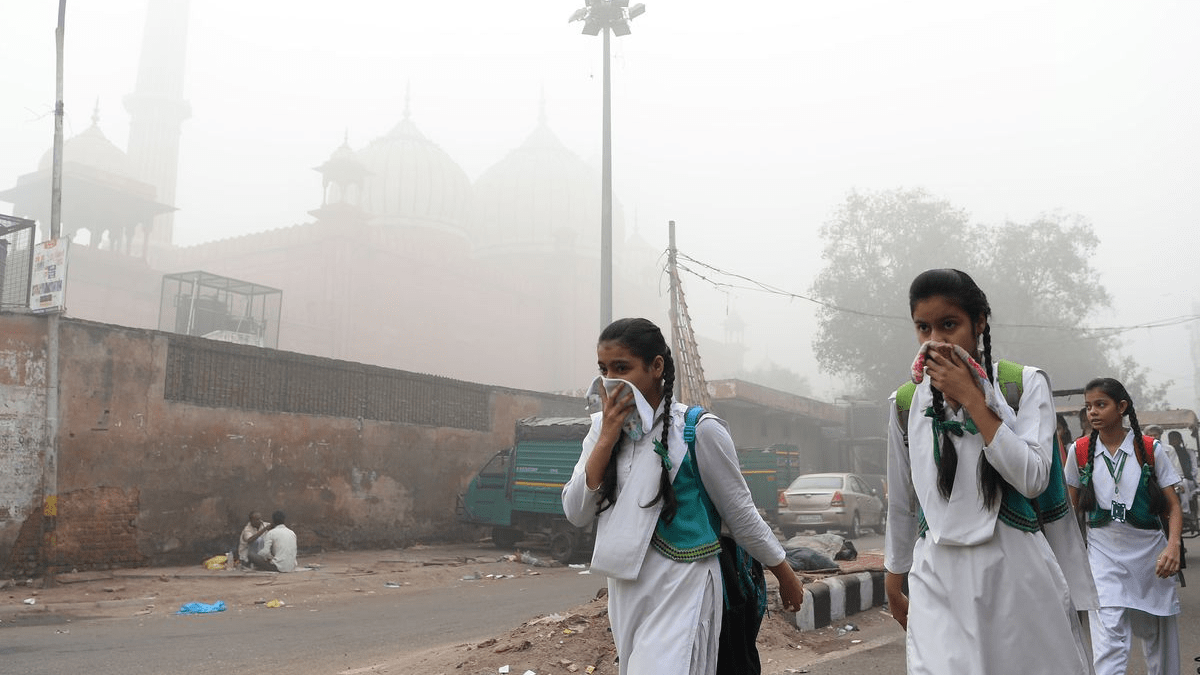Air pollution is causing the global weather to change, and weather pattern causes the air quality to change said Dr Jitendra Singh.

New Delhi: In a written reply in the Lok Sabha on Wednesday, Union Minister of State for Earth Sciences and Science and Technology Dr Jitendra Singh said a number of studies confirm strong correlation between changing local weather patterns and pollution in urban and rural areas of the country.
The minister said, “Local weather plays an important role on pollution. Stagnant weather conditions (calm wind and lower mixing height) are unfavourable for dispersion of the pollution. Air pollution is causing the global weather to change, and weather pattern causes the air quality to change.”
He added, “Because of global warming, more extreme weathers such as extreme rainfall events, heat waves etc are increasing, which can impact air quality. Heat waves cause an increase in ground-level ozone pollution because the chemical reactions that create ozone in the atmosphere occur more in hot temperatures. In winter, the pollution levels are very high due to low temperatures and stable atmospheric conditions.”
Extreme weather conditions, especially during the winters, such as low temperature, calm wind, low mixing height and low ventilation coefficient cause significant increase in the level of pollution in India, especially in the Indo-Gangetic plains. “During severe heatwave conditions, significant increase in ground-level ozone pollution has been observed. Dry, hazy air during summer season increases particulate pollution,” Singh said.
In another reply, Singh said the National Institute of Ocean Technology (NIOT), an autonomous Institute under the Ministry of Earth Sciences (MoES), is establishing an Ocean Thermal Energy Conversion plant with a capacity of 65kW in Kavaratti of Lakshadweep and work has just commenced.
The plant will power the Low Temperature Thermal Desalination (LTTD) based desalination plant for conversion of sea water into potable water, said officials. The capacity of the LTTD plant is 1 lakh litre of potable water per day.
